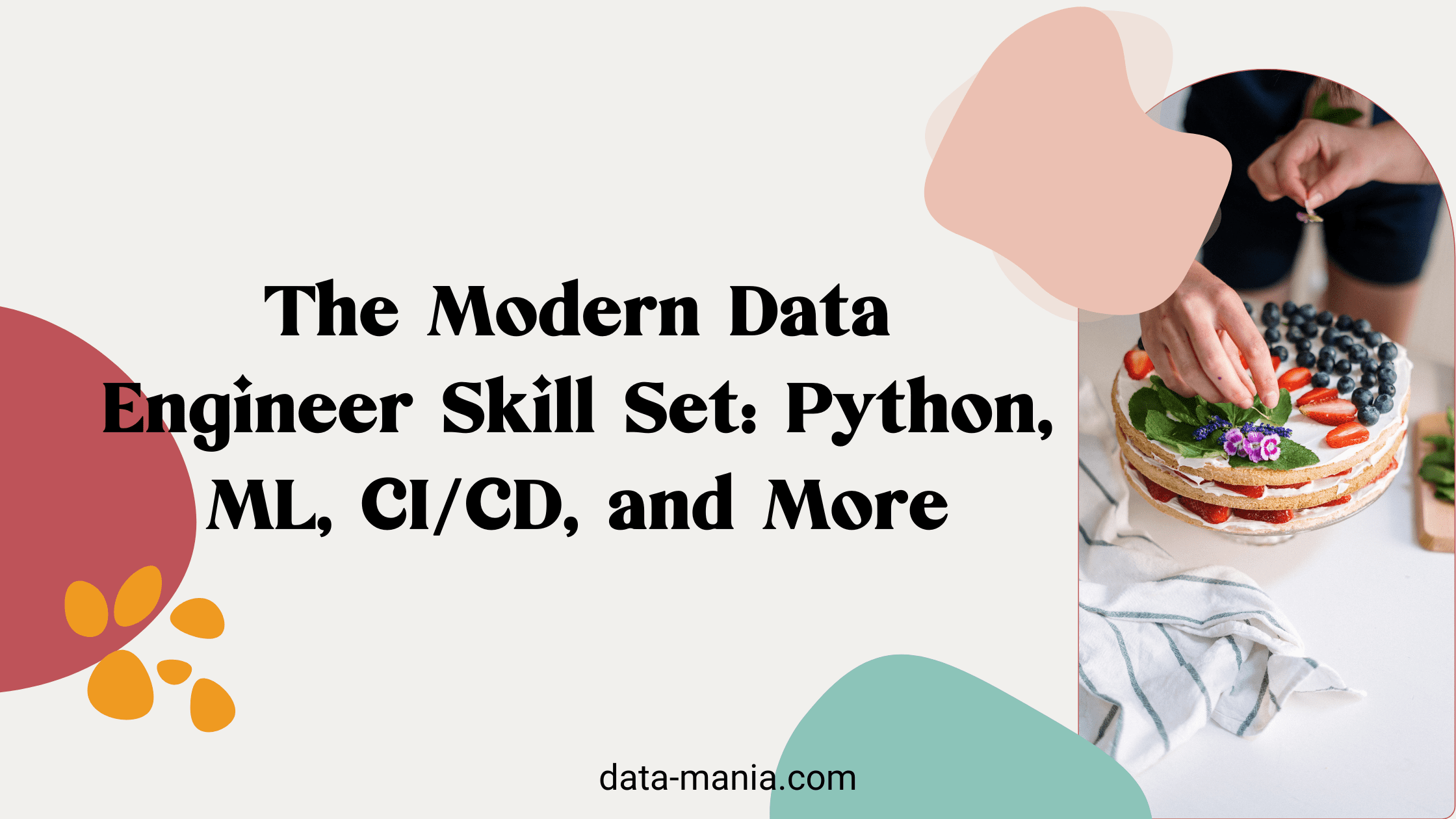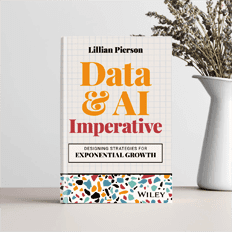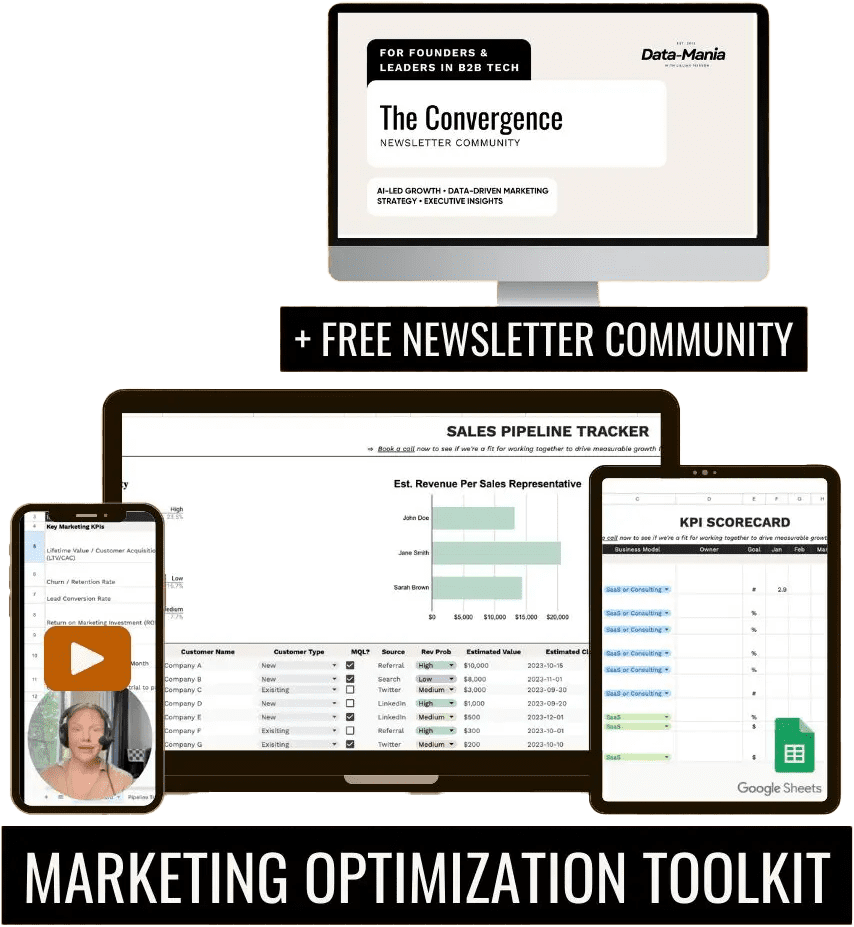Have you decided on what data-related job you’re going to pursue as your lifetime career? In this post, you will learn about one of the most interesting jobs in the data industry – Data Engineer! Read on to learn more about the modern data engineer skill set and how to become one.
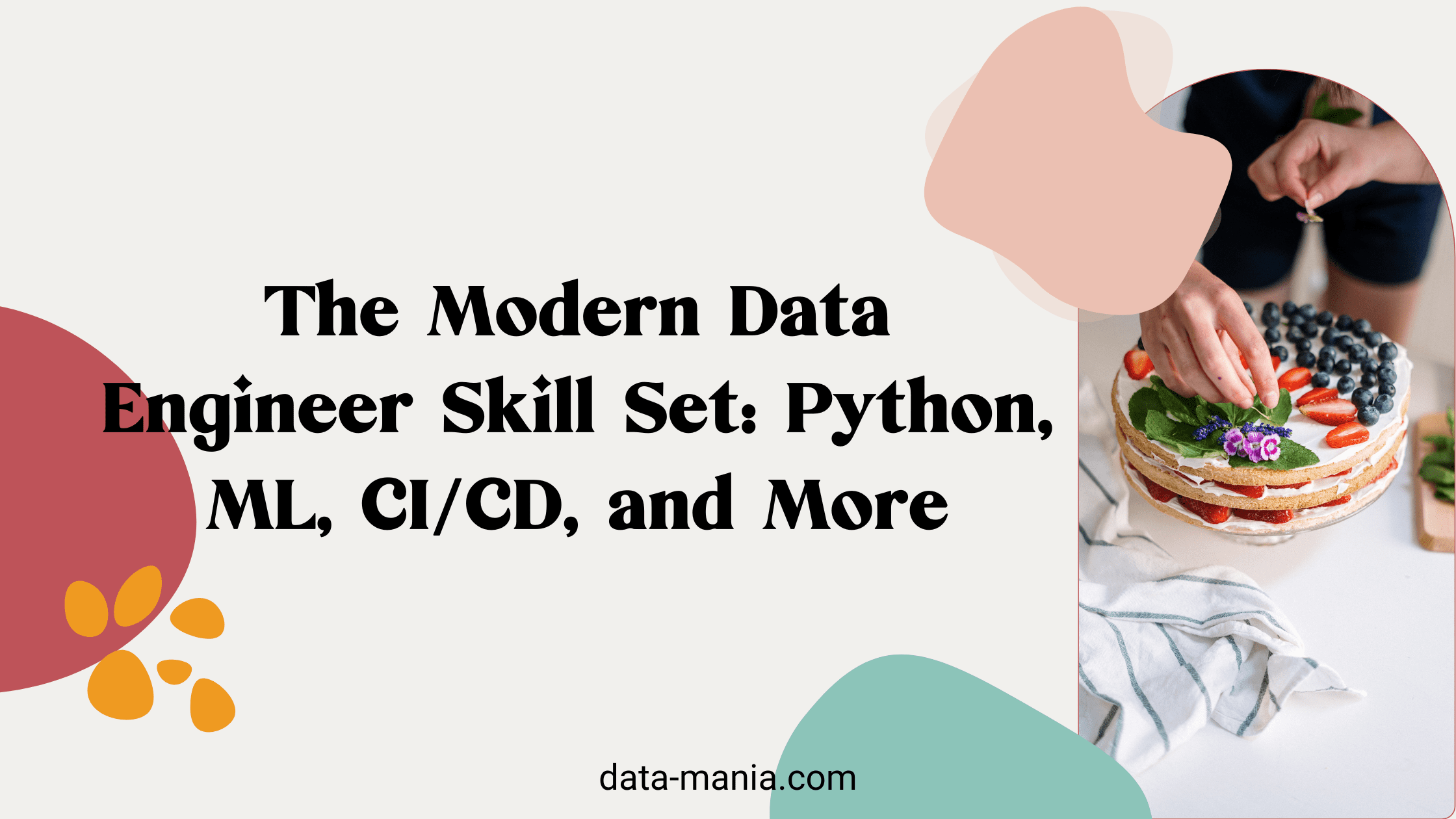
What Is a Data Engineer?
The primary role of a data engineer is to prepare data for analysis or operational use. These engineers are often responsible for building data pipelines that gather information from various source systems, merge, consolidate, clean the data, and structure it for analytic applications. They aim to design systems that provide easy access to data and optimize the organization’s big data ecosystem.
The number of data engineers working in an organization varies—the larger the company and the more complex the data architecture, the more data engineers there are. Certain industries such as healthcare, retail, and financial services are more data intensive and might rely more heavily on data engineering roles.
Data engineers work with data science teams to increase data transparency so companies can make more reliable business decisions.
Data Engineer Skill Set
In addition to a strong foundation in software engineering, data engineers must be able to work with the programming languages used to build statistical modeling and analysis, data warehousing solutions, and data pipelines.
Database Systems (SQL and NoSQL)
Data engineers need to know how to use a database management system (DBMS)—a software application that provides an interface to a database for storing and retrieving information. Modern DBMSs can be based on SQL or NoSQL.
SQL is a standard programming language for building and managing relational database systems, organized in rows and columns. NoSQL databases are not tabular and use different data formats, such as graphs and documents, depending on their data model. Successful data engineers must be familiar with both.
DataOps and CI/CD
DataOps is the process of creating automated pipelines to automate data-driven lifecycles, used by analytics data teams. It aims to improve quality and shorten data analysis cycles.
Similar to the way DevOps applies CI/CD to software development and operations, DataOps takes an automation-first approach for building and scaling data products.
DataOps empowers data engineers by enabling end-to-end orchestration of pipelines, using tools like Spark, SQL, and Hadoop, and coordinating organizational data environments. It helps teams engage and address customer needs with regard to data. DataOps empowers data engineers to collaborate with data stakeholders for scalability, reliability, and agility.
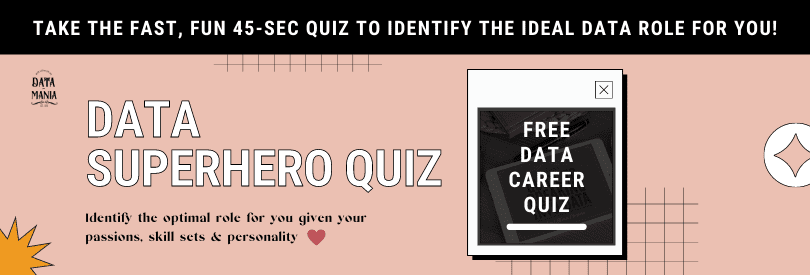
Data Warehousing Solutions
Data warehouses store large amounts of current and historical data for query and analysis. This data comes from a variety of sources such as CRM systems, accounting software, ERP software, and more. Organizations then use this data for reporting, analysis, and data mining. Most employers expect entry-level engineers to be familiar with Amazon Web Services (AWS) or Microsoft Azure, both cloud services platforms with a full ecosystem of data storage services.
ETL Tools
ETL (Extract, Transfer, Load) refers to the process of taking data from a source (extraction), transforming it into an analytic format (transformation), and storing or loading it to and from a data warehouse. This process uses batch processing, allowing users to analyze data related to specific business issues. ETL takes data from a variety of sources, applies specific rules to the data based on business requirements, and loads the transformed data into a database or business intelligence platform for consumption and display.
Python, Java, and Scala Programming Languages
Python is the main programming language for statistical analysis and modeling today. Java is widely used in data architecture frameworks and most of the APIs are designed for Java. Scala is an extension of the Java language, which promotes ease of use, and interoperates with Java because it runs on the JVM.
Machine Learning Skills
Integrating machine learning into big data processing can identify trends and patterns and accelerate processes. Data engineers have a key role in providing the data to train machine learning algorithms. Machine learning algorithms can classify incoming data, identify patterns, and turn data into insights. Understanding machine learning requires a solid foundation in math and statistics, and a knowledge of at least the most common machine learning algorithms for the relevant problem domain.
How to Become a Data Engineer?
1. Earn a Bachelor’s Degree and Begin Working on Projects
Anyone entering the data engineering field must have a bachelor’s degree in software, computer science, applied mathematics, statistics, physics, or related fields. Also, most entry-level positions require real-world experience, such as an internship. University majors outside of this field are required to complete data structures, algorithms, database administration, or coding courses. It is important to learn as much as possible.
2. Build Analysis, Computer Engineering and Big Data Skills
Hone your SQL expertise – this is a primary programming language used by data engineers. SQL skills are necessary because most organizations today store data in relational database systems. Data engineers can use SQL to query and analyze data using SQL-based engines like Spark or Apache Hive.
As a data engineer, you should also be familiar with other programming languages useful for modeling and analyzing statistics – e.g., Python and R. Learning Spark and Kafka can also help.
In addition to mastering the language, build skills such as working with database architecture, implementing data warehouse solutions, pipelines, mining, and working with cloud machine learning and cloud data platforms from providers like Amazon Web Services and Azure.
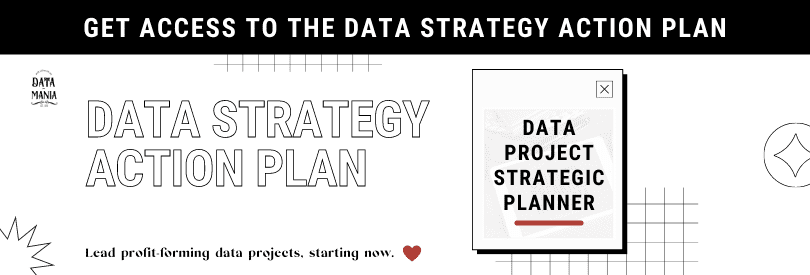
3. Get Your First Entry-level Engineering Job
Your first job might not involve engineering, but even a job that only involves IT can provide valuable insights into how to solve data organization problems. Your first job challenges you to think outside the box and find creative solutions to problems.
It is important to realize that data engineers don’t do everything themselves—they must collaborate with executives, data architects, and data scientists. This experience will also help you better understand how your chosen industry works in the real world. It also lets you learn how teams collect, analyze, and use data.
4. Pursue Additional Professional Engineering or Big Data Certifications
Certification is often required to advance a data engineering career. To improve your skills, you consider vendor-specific certifications from Oracle, Microsoft, IBM, Cloudera, and more. Consult with colleagues to determine which certifications are worth investing time and money into. research job descriptions you are interested in, and see if certifications are required.
One of the certifications you might obtain is a Certified Data Management Professional (CDMP). This certification from the International Data Management Association (DAMA) is a reliable and versatile credential for many data professionals.
5. Pursue Higher Education Degrees
Not every job requires a master’s degree in data engineering. Many employers will accept evidence of relevant technical expertise and work experience instead of a higher degree. However, many engineers will need higher education to be successful. Consider obtaining a master’s degree in computer engineering, computer science, applied mathematics, or physics.
Conclusion
In this article, I explained the basics of the data engineering field and the most important skills in a data engineer’s repertoire, including database systems, CI/CD, ETL, and programming languages like Python and Java. In addition, I suggested five ways to help kick start your data engineering career:
- Get a relevant university degree and work on projects as an intern or freelance
- Build your analysis, big data, and computer science skills
- Get an entry-level engineering job (even if not in data engineering)
- Obtain engineering or big data Certifications
- Pursue a higher education degree
I hope this will help as you consider a career in the exciting field of data engineering.
Hey! If you liked this post, I’d really appreciate it if you’d share the love by clicking one of the share buttons below!
A Guest Post By…


You can follow Gilad on LinkedIn.
If you’d like to contribute to the Data-Mania blog community yourself, please drop us a line at communication@data-mania.com.

